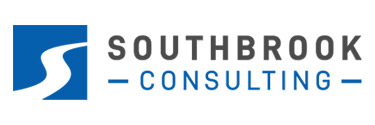Master Conflict Like a Pro

Why does Conflict happen? Why can’t everyone just “get along”?
Here are my 5 top reasons:
1. Miscommunication: When there is a lack of clear communication or misunderstanding about project requirements, timelines, or payment terms, it can lead to conflicts.
2. Expectations: Sometimes, contractors may have unrealistic expectations about what the project entails, leading to disagreements with the client.
3. Different work styles: Contractors and clients may have different work styles and approaches, leading to disagreements about how the project should be completed.
4. Quality issues: If the contractor’s work does not meet the client’s expectations in terms of quality or scope, it can lead to conflicts.
5. Payment disputes: Disputes over payment terms or changes to the original agreement can lead to conflicts between contractors and clients.
Here are some steps to resolve conflicts and create great relationships:
1. Communication: The first step to resolving conflict is to communicate with the contractor. Talk to them about the issue and listen to their perspective. Try to understand their point of view and share your own.
2. Identify the root cause/problem: Often, conflicts arise from misunderstandings or differences in values or beliefs. Identifying the root cause of the conflict can help both parties understand the other’s perspective and work towards a resolution.
3. Explore possible solutions: Brainstorming possible solutions together can help both parties feel invested in finding a resolution that works for everyone. Encourage creative problem-solving and seek common ground.
4. Negogiate: If necessary, negotiate to find a solution that both parties can agree on. Be willing to compromise and find a middle ground.
5. Set clear goals and expectations: Once a resolution is agreed upon, it is important to put it in writing. Create a written agreement that outlines the agreed-upon solution. Set clear goals and expectations moving forward to ensure that the same conflict does not arise again in the future.
6. Follow up: Follow up with the all involved to ensure that the agreed-upon solution is being implemented and that both parties are satisfied with the outcome.
Here are some books that you can read to develop your conflict resolution skills:
1. “Crucial Conversations: Tools for Talking When Stakes Are High” by Kerry Patterson, Joseph Grenny, Ron McMillan, and Al Switzler – This book provides strategies for effectively communicating and resolving conflicts in high-stakes situations. (my all-time favorite)
2. “Getting to Yes: Negotiating Agreement Without Giving In” by Roger Fisher, William Ury, and Bruce Patton – This classic book on negotiation teaches how to reach win-win agreements and resolve conflicts effectively.
3. “The Five Dysfunctions of a Team: A Leadership Fable” by Patrick Lencioni – This book uses a fable to illustrate common team dysfunctions and offers practical strategies for resolving conflicts and improving teamwork.
These three books are all highly regarded and have received positive reviews for their practical advice on communication, negotiation, and conflict resolution. They are also all available on Audible, making them easily accessible to you who prefer audiobooks.






